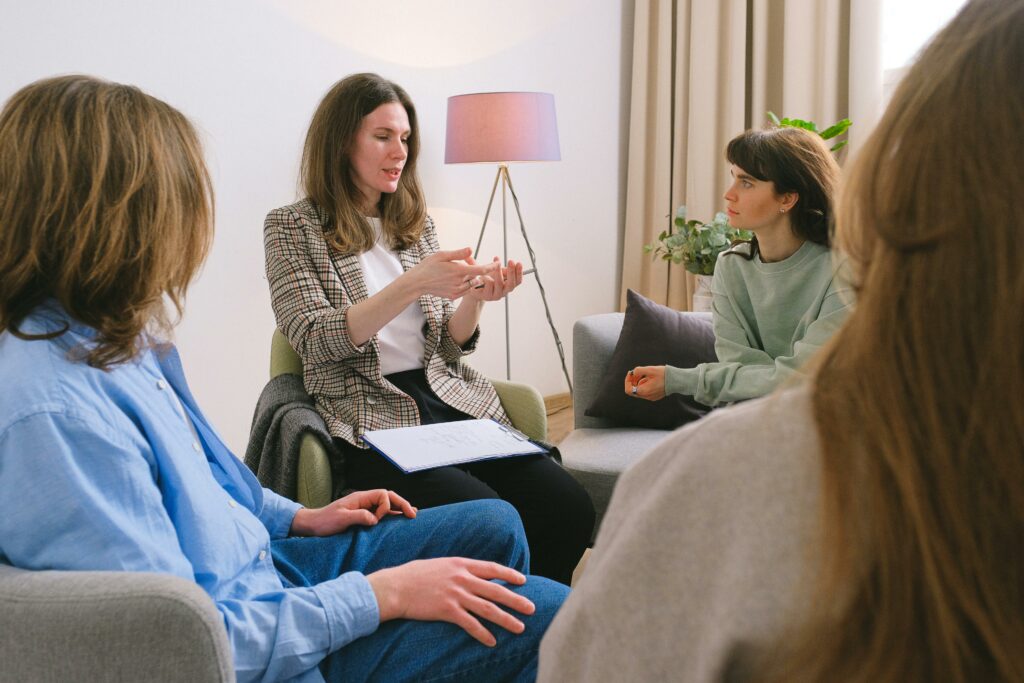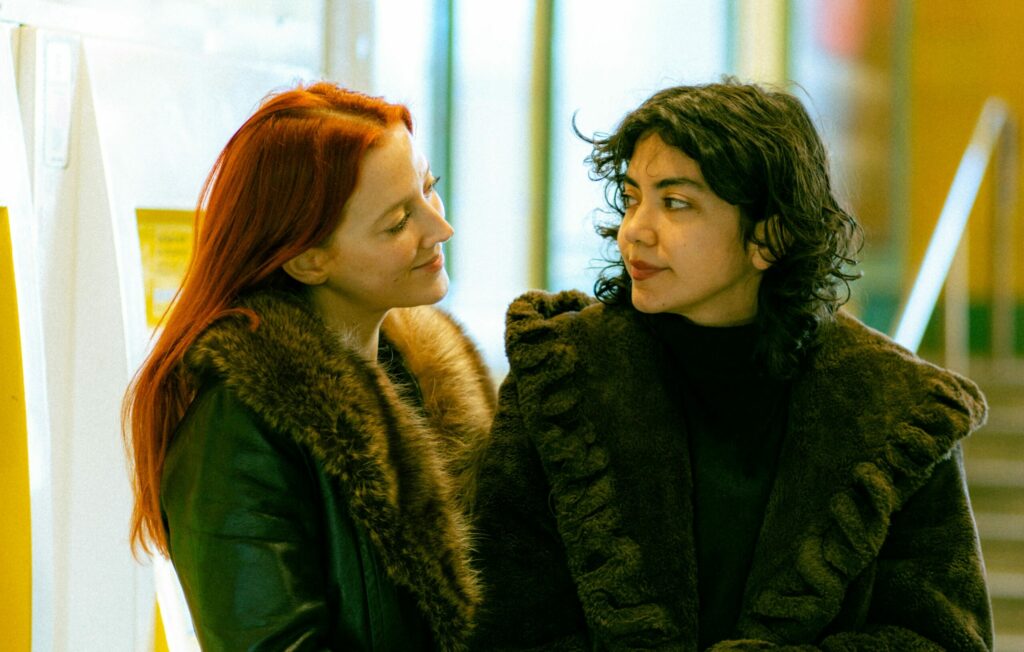Updated May 8, 2025 by BetterHelp Editorial Team
You may have heard the phrase, “family is everything.” Many people turn to their families for support in difficult moments, to share secrets, and to celebrate surprises. However, some people are rejected by their family for being who they are, which can be highly traumatic and confusing. Below, explore the importance of finding chosen family, ways to cope with rejection, and how to find chosen family or professional support.
The importance of family and support for LGBTQ+ individuals
Having family and support is important for all humans, and studies show that not having social support can lead to a higher risk of many physical and mental illnesses. However, some people in the LGBTQ+ community are disowned, shunned, rejected, or harmed by their family members due to their gender identity or sexuality. In these cases, individuals may wonder who they can turn to and how to find help.
Not having a family to support you can increase loneliness, leading to a higher risk of suicidal thoughts, self-harm risk, and depression. However, if your family who raised you is no longer in your life or isn’t healthy for you, there are ways to create a healthy chosen family that can substitute those you lost and potentially be more healing and comforting to you.
When family rejects you: Understanding how to cope
If your family rejects you for your identity, you’re not alone. This experience can be incredibly painful and challenging to comprehend, especially when you see other people forming positive connections with their families. Below are a few ways to care for yourself during this time.
Self-care
Self-care involves more than just the activities that cater to hygiene or physical wellness. You can also practice self-care by protecting your identity and working to love and respect yourself, regardless of how others treat you. Below are a few self-care activities that may be helpful for you:
- Journal about your thoughts and emotions
- Find ways to be your authentic self, even if just in private at first
- Attend a support group for LGBTQ+ individuals estranged from family
- Take up a new hobby
- Volunteer to help LGBTQ+ youth or unhoused people
- Volunteer for any cause you believe in
- Write a list of three aspects of yourself you’re grateful for, with detailed explanations for why
- Look in the mirror and remind yourself of your light and importance
- Try affirmations
- Write a poem or short story
- Create art about your experience
Safety needs
When rejected by family, some LGBTQ+ individuals get into unsafe situations due to not having a support system. While others may be able to stay with family, some individuals have no one to turn to when life gets tough, which can be a daunting prospect.
Ensure you make time for your most essential survival needs when caring for yourself. If you’re struggling to find housing, food, or shelter, call 211. They can help you find resources unique to your situation in your area. Additionally, consider options such as food banks, domestic violence shelters (if applicable), and low-cost clothing stores like thrift shops or clothing warehouse stores.
If you’re an LGBTQ+ youth or young adult in crisis, reach out to The Trevor Project hotline by calling 1-866-488-7386 or texting “START” to 678-678. You can also use their online chat.
Finding chosen family: Where to look
A chosen family is a group of individuals you’ve chosen to bring into your life who act as a family to you in many ways, such as by providing emotional support, advice, and resources when you’re in need. Often, chosen families are comprised of friends, but they can also include distant relatives, partners, children, and others in one’s life. If you’re unsure where to find people who accept and love you for who you are, consider looking in the following places:
- LGBTQ+ community centers
- Local queer groups
- Online queer groups for other people with your identity
- Open and accepting places of worship or spirituality
- Spiritual groups
- Support groups for mental health challenges or traumas
- Therapy groups
- Hobby groups, such as a book club or writing club
- Sports teams
- Local events
- Classes for skills like a new language or cooking abilities
- Resource centers
Chosen families have been found to positively impact LGBTQ+ individuals, especially those who have been estranged from biological or adoptive families.
How to find professional support
Talking to a therapist can be one way to process what you’ve been through, being rejected by your family. A therapist can guide you through self-care exercises and teach you coping skills backed by evidence-based psychological modalities. If you’re concerned about seeking in-person care or facing barriers such as financial challenges, you may also consider online therapy through a platform like BetterHelp.
Online therapy can be more accessible than in-person options, allowing clients to choose between phone, video, or live chat sessions. In addition, this option is often more cost-effective. Studies have found that online therapy can also be more effective for LGBTQ+ individuals, reducing their risk of suicide and decreasing stress, anxiety, and depression.
Takeaway
Being rejected by family is often a painful and traumatic experience for those within the LGBTQ+ community. Finding friends and building a chosen family can be a significant part of working through these traumas. You may also consider working with a therapist online or in your area.







